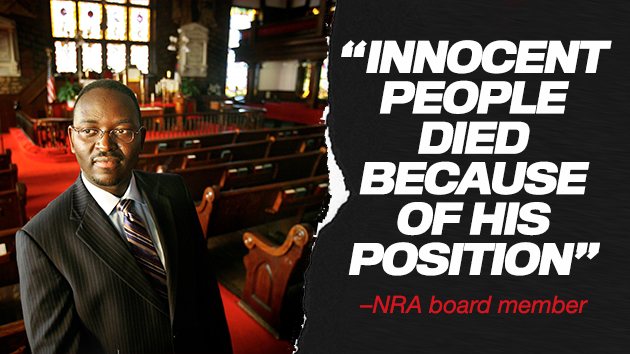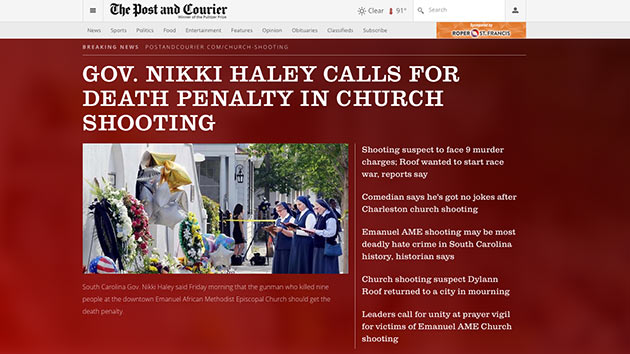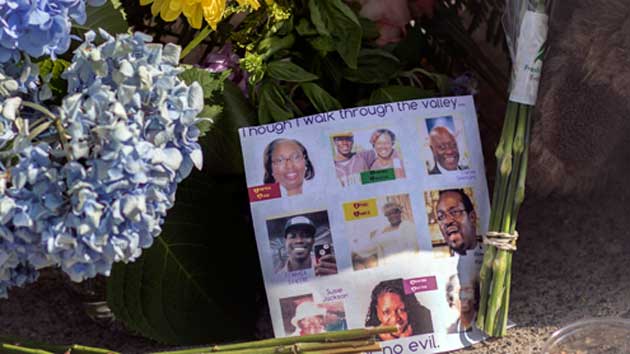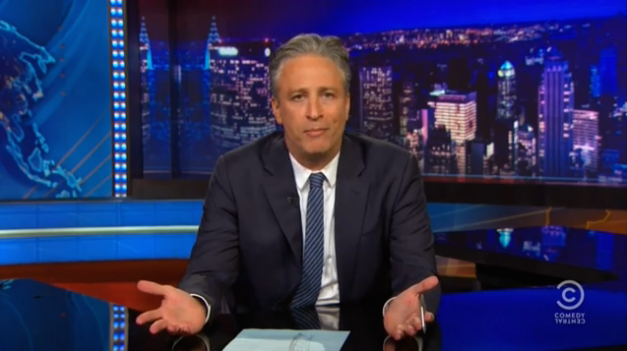As Dylann Roof, the gunman accused of killing nine people inside a church in Charleston, South Carolina, appeared in court on Friday to formally hear the charges against him, representatives of the victims’ families came forward to deliver a powerful message of forgiveness.
“You took something very precious away from me,” a family representative for Ethel Lance, the 70-year-old grandmother who died in Wednesday’s massacre, told Roof on behalf of Lance’s loved ones. “I will never talk to her ever again. I will never be able to hold her again. But I forgive you and have mercy on your soul. You hurt me. You hurt a lot of people, but I forgive you.”
Some of the victims’ family members also invited Roof, who attended his bond hearing through a video conference, to join them in bible service to repent and to “change your ways no matter what happened to you.”
Felicia Sanders, who survived the shooting by pretending to be dead, also spoke about losing her son in the attack. “Tywanza was my hero….May God have mercy on you.” Another family member, Bethane Middleton-Brown, whose sister was killed on Wednesday, told Roof, “For me, I’m a work in progress and I acknowledge that I’m very angry. We have no room for hate. We have to forgive. I pray God on your soul.”
On Thursday, Chris Singleton, the son of victim Sharonda Coleman-Singleton, responded to the tragedy by expressing gratitude for those who reached out to him since his mother’s murder.
“Love is always stronger than hate, so if we just love the way my mom would, then the hate won’t be anywhere close to where love is,” Singleton said. “We’ve come together as a community to try to get past these things. A tragedy has happened, but life is going to go on and things are going to get better.”
“This church is such a family,” he continued. “‘ve been going there since sixth grade when I moved here. Feels like they’re all older than me, but it’s like I’m everybody’s grandson.”
Roof, who appeared emotioneless during the hearing, was charged with nine counts of murder. His bond is set at $1 million.












